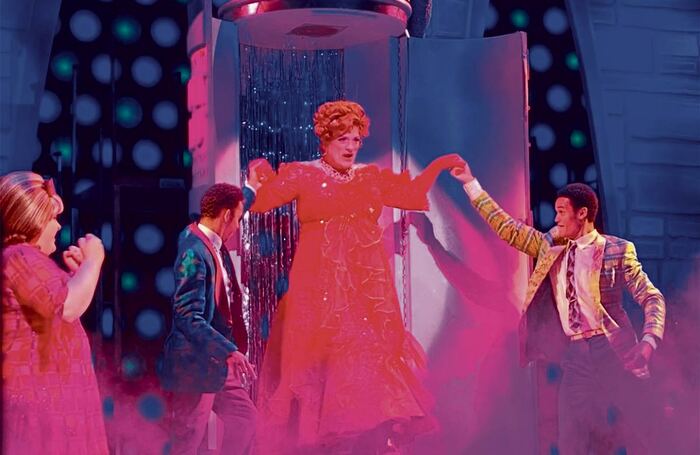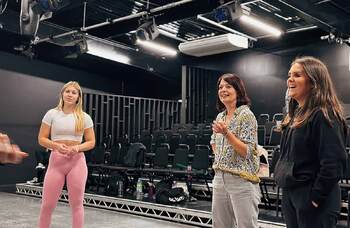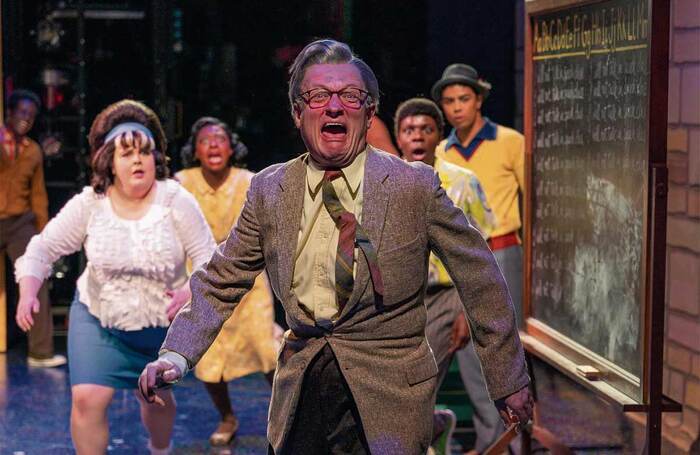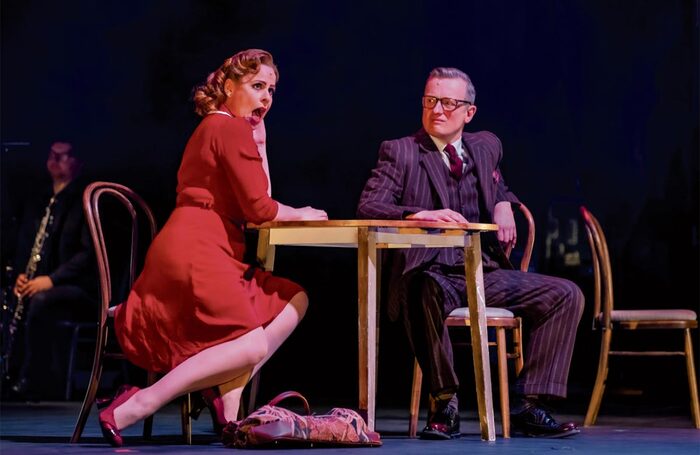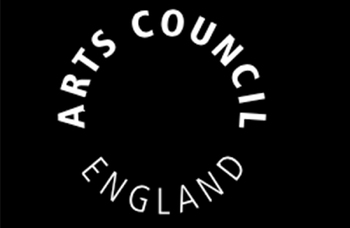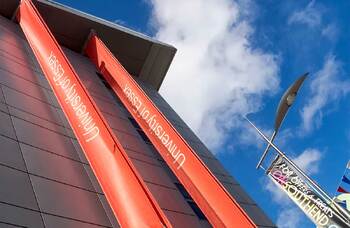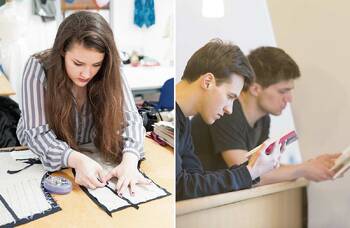Performance Preparation Academy’s flexible Performance degree is remote, online and cutting-edge
Surrey’s Performance Preparation Academy’s innovative, flexible BA (hons) Performance (Level 6 Top-Up) course allows performing arts students with existing qualifications to earn a degree via remote, part-time learning – fitting in around their burgeoning careers
The performing arts industry has changed dramatically in recent years – and so has performing arts education. Surrey’s Performance Preparation Academy is at the cutting edge of that evolution.
Since its foundation in 2008, the Guildford-based institution has established an international reputation for providing top-quality training through its three-year degree programmes in Acting for Stage and Screen and Performance in Musical Theatre.
Now, PPA is increasingly recognised as a centre of academic excellence, too, thanks to an innovative course that allows students with existing qualifications or experience in the performing arts to earn a degree in just one year of remote, part-time learning. Another benefit is that student finance is available for the course.
The BA (hons) Performance (Level 6 Top-Up) was introduced in 2021, when many people in the performing arts industry were reconsidering their career paths because of the Covid-19 pandemic, but has also proved popular since. The course’s core feature is its flexibility, allowing it to accommodate a range of students with a variety of ambitions.
‘Students can either attend lectures live online, or watch them back afterwards at a time that is convenient to them’ – PPA programme leader Lyndsay Barnbrook
“Different people come to the course for different reasons from different places at different stages of their career,” programme leader Lyndsay Barnbrook explains. “Some people arrive straight out of vocational diploma courses, wanting to study academically for a year and earn a degree. Some have already been working in the performing arts industry for several years and want to add another string to their bow.”
“Some are interested in having the time, space and support to explore and understand their creative practice better,” she continues. “And some are interested in earning an academic qualification that will allow them to explore other career paths alongside their performance careers, such as teaching. Here at PPA, we are really proud of that diversity.”
Continued...
Performer and entrepreneur William Paul, for example, studied on the programme to investigate the ways in which digital technology could be incorporated into theatre. He subsequently founded a Berlin-based company that specialises in exploring how digital solutions can make it easier for people to access performances in person.
“My company was set up as a direct result of studying digital solutions in theatre with PPA,” Paul says. “The benefits of topping up a diploma to a degree can be huge for career progression.”
The course’s flexibility extends to its delivery. The BA (hons) Performance (Level 6 Top-Up), which is validated by Leicester’s De Montfort University, has been designed so that students can study without compromising any other commitments – professional or personal – they might have. If a student is appearing in a West End show, or auditioning, or working all week, they can still take part.
“The course is entirely online, entirely remote, and it can be synchronous or asynchronous, depending on what suits the student,” Barnbrook explains. “We have live lectures throughout the week and across the weekend at different times of day, and students can either attend those lectures live online, or watch them back afterwards at a time that is convenient to them.”
‘Getting a first-class degree was like booking a job. It felt great at the time and still feels great now’ – performer Chris Howell
“When it comes to individual tutorial support and assessment points, we make sure to organise them in a way that suits the student and their schedule,” she continues. “We have even had students who are working on cruise ships with very poor internet access. They have been able to download course content and study while performing at sea on the other side of the world.”
Take Chris Howell, who has performed in the West End, nationally and internationally, and took the course while working.
“I worked through three West End shows while completing the course,” Howell says. “The course leaders and core tutors made themselves available to guide us through the year. It was challenging, enlightening, engaging and fun. Getting a first-class degree was like booking a job. It felt great at the time and still feels great now. My advice would be: if you are thinking about it, just do it.”
The BA (hons) Performance (Level 6 Top-Up)’s flexibility encompasses the course’s content, too. The programme is divided into four modules, spread across one year of study. Combined, explains Barnbrook, they provide students with a thorough understanding of the performing arts industry, the theories that underpin it, where a student’s ambitions fit in and how they can be realised.
“Module One is called Pioneers of Performance,” she says. “It involves studying influential practitioners in the performing arts industry, and we gear that towards the interests of the students themselves. If someone is interested in contemporary dance, we study a pioneer of contemporary dance. If someone is interested in acting in film and television, we study a pioneer in that field, too.”
Continues...
“Module Two is called Professional Development Portfolio,” Barnbrook continues. “That involves students focusing on wider contemporary developments within the industry. Recently, for example, we have studied the effects of Covid-19. We have studied the Black Lives Matter movement in theatre. We have looked at the cost-of-living crisis and the climate crisis.”
“Module Three is called Theories of Performance,” she adds. “It involves understanding and applying theoretical frameworks to analyse both live and recorded performances. And Module Four is a dissertation. Students write a traditional, 5,000-word essay on a topic of their choice.”
‘We want people who are passionate about the performing arts industry’ – PPA programme leader Lyndsay Barnbrook
Each module is taught via a variety of lectures, seminars and one-to-one tutorials with Barnbrook, one of PPA’s experienced academics, or one of the variety of visiting professionals and professors who are also involved in the course. And, despite the fact that the course is delivered entirely remotely, it still engenders the friendly, family-like atmosphere for which PPA is famous.
“Everybody knows everybody at PPA, and that is true on this course, too,” says Barnbrook. “As well as our regular seminars, lectures and tutorials, we run drop-in sessions during which people can discuss whatever is on their mind. And we offer a lot of pastoral care. It is a very supportive environment to study in.”
Admissions are open for applications to begin studying in September 2023. Applicants will need to either have a diploma from a recognised drama school, college or other educational institution, or be able to demonstrate an equivalent level of experience and academic achievement. The application process involves submitting a 500-word essay and an interview with PPA’s academic panel.
“We are looking for people who are really interested in their practice, and want to learn more about it,” concludes Barnbrook. “We want people who are passionate about the performing arts industry, about understanding where their ambitions fit in, and about discovering what they need to do to achieve them.”
For more information on PPA’s BA (hons) Performance (Level 6 Top-Up), visit ppacademy.co.uk, call 01483 459 080 or email admissions@ppacademy.co.uk
Most Read
Across The Stage this weekYour subscription helps ensure our journalism can continue
Invest in The Stage today with a subscription starting at just £7.99
